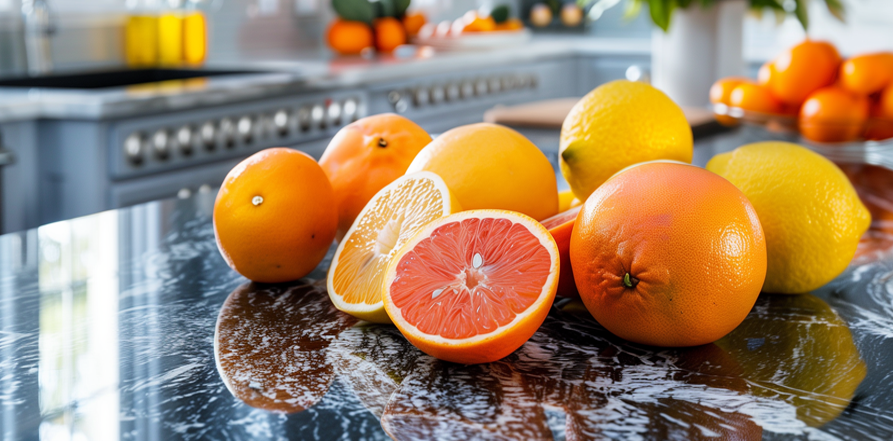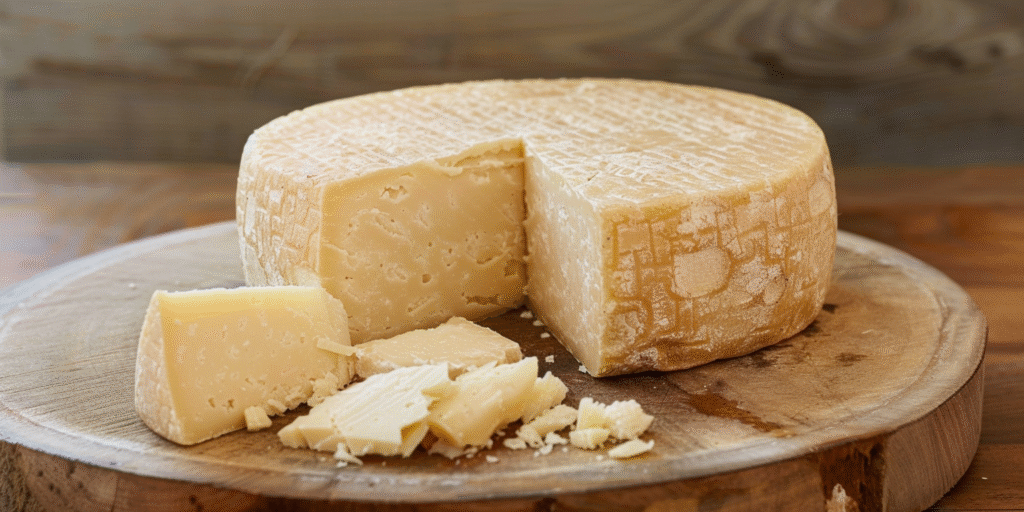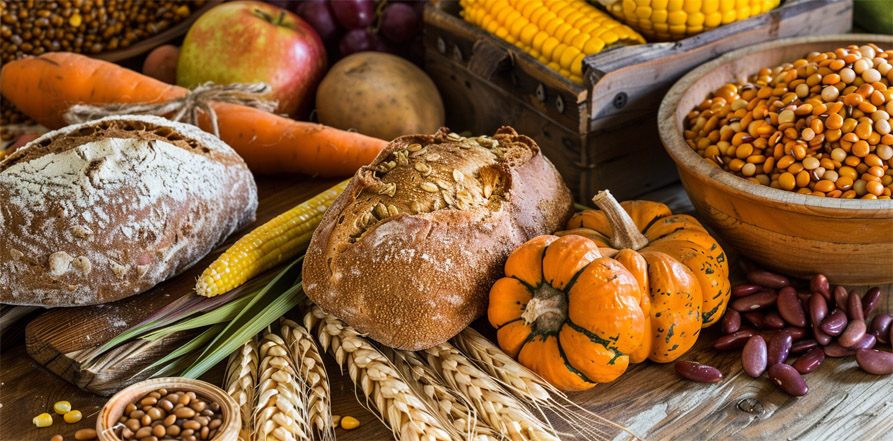John Coltrane Wasn’t Just Playing the Saxophone—He Was Preaching a Homily

By Donnie Yance September 23 marks the birthday of musical legend, John Coltrane. When Coltrane stepped to the microphone, he wasn’t just performing—he was giving a homily or a sermon. His saxophone became a conduit for what he called “spirit communications,” transforming concert halls into sanctuaries. Each solo was a sermon without words, each phrase […]
Modified Citrus Pectin: One Of Nature’s Answers To Cancer Cells’ Spread

By Donnie Yance Cancer becomes most dangerous when it spreads from its original location to other parts of the body—a process called metastasis. This spreading relies on certain proteins called lectins, which act like molecular “velcro” helping cancer cells stick together and communicate with each other. 1 Using modified citrus pectin for cancer is one […]
Parmigiano Reggiano: The King of Cheeses

by Donnie Yance Parmigiano Reggiano, a cheese to which I am somewhat addicted, offers a delicious sharp, nutty, and slightly salty flavor that has earned it the nickname “King of Cheeses” among culinary enthusiasts worldwide. The Health Paradox of Cheese Cheese is a nutrient-dense fermented dairy product consumed worldwide, though its health effects remain controversial. […]
The Benefits of Baking Soda For Cancer?

By Donnie Yance Is baking soda for cancer a valid idea? Cancer (The Cancer Energy/Intelligence) alters the tumor microenvironment in several ways, and one of them is by creating an acidic zone around the tumor that promotes cancer progression and treatment resistance. Recent research suggests that sodium bicarbonate (baking soda) or potassium bicarbonate supplementation can […]
Kefir: A Potent Immune-Enhancing Fermented Food with Promising Cancer Prevention Properties

By Donnie Yance Kefir is a fermented beverage, usually made from dairy, that has beneficial health effects due to its antioxidant, antimicrobial, and anti-inflammatory properties.1 Kefir originates from the Caucasus region (between the Black Sea and Caspian Sea), and from Tibet (between China and India). Research also suggests its probiotic content directly influences the immune […]
Healthy Carbs Can Help You Lose Weight

By Donnie Yance Contrary to popular belief, carbohydrates can be powerful allies in your weight loss journey when you understand how to use them properly. There are better carbs and worse carbs, and healthy carbs can actually help you lose weight. For years, carbohydrates have been villainized in diet culture, portrayed as guaranteed weight-gain culprits. […]
Prostate Cancer: The Pitfalls of Conventional Assessments

By Donnie Yance Questioning Conventional Screening Approaches According to the United States Preventive Services Task Force (USPSTF) analysis of two major randomized clinical trials, routine Prostate-specific antigen (PSA) screening prevents approximately one prostate cancer-related death per 1,000 men screened.¹ This sobering statistic challenges the historical perception of PSA screening as an essential preventive measure. Moreover, […]
It’s Surprisingly Nice To Hear You: The Impact of Communication Media on Social Connection and Wellbeing

By Donnie Yance “I Fear the Day That Technology Will Surpass Our Human Interaction” -Albert Einstein “We communicate by the tone of our voice, with our eyes, with our body language, with our hands. The influx of our voice. There are so many things that we use to communicate,” notes communication researcher Amit Kumar. This […]
The Science of Laughter: A Path to Longevity and Health

By Donnie Yance Can our behavior influence disease outcomes? The answer may lie in one of humanity’s most natural expressions: laughter. Ancient wisdom has long suggested a connection between joy and health. The biblical proverb that “a merry heart does good like a medicine” (Proverbs 17:22) finds modern validation in scientific research. Democritus, the “laughing […]
